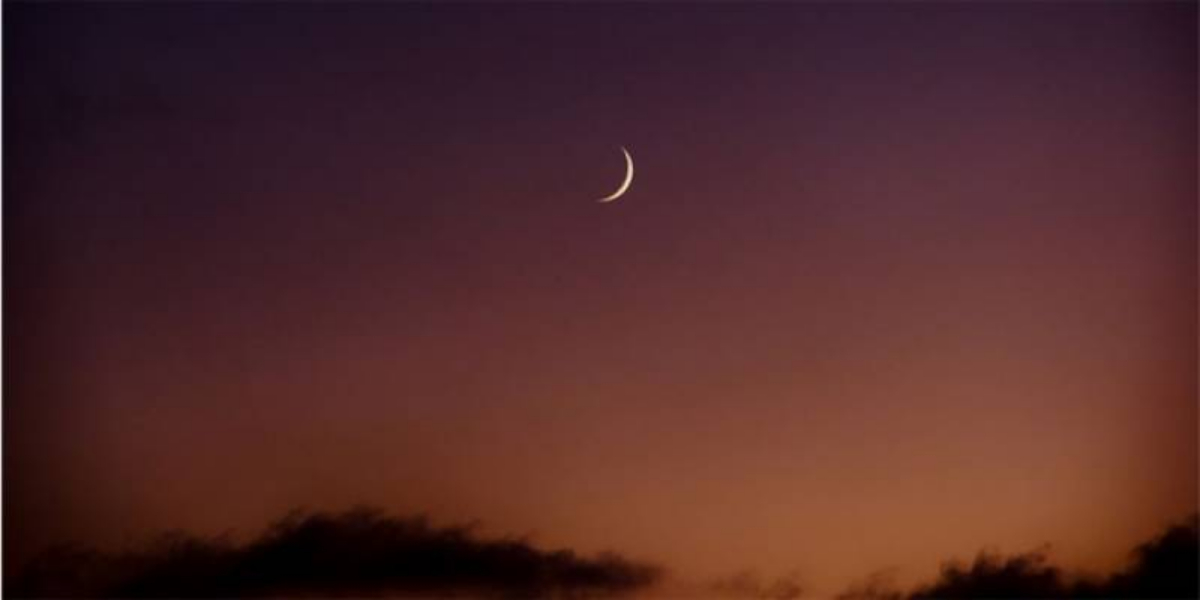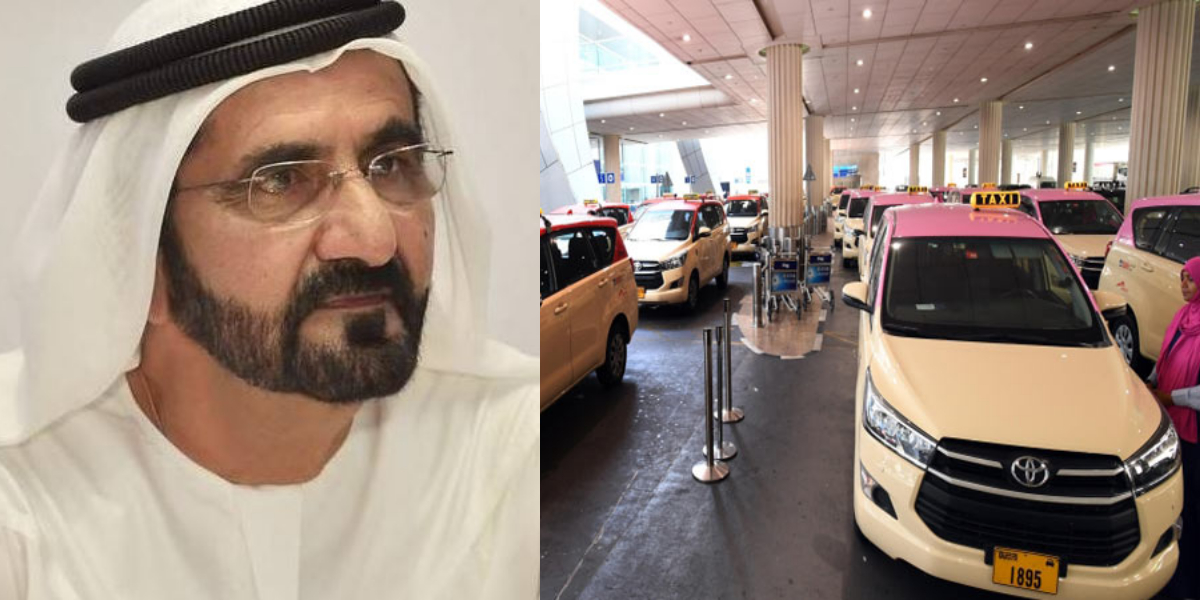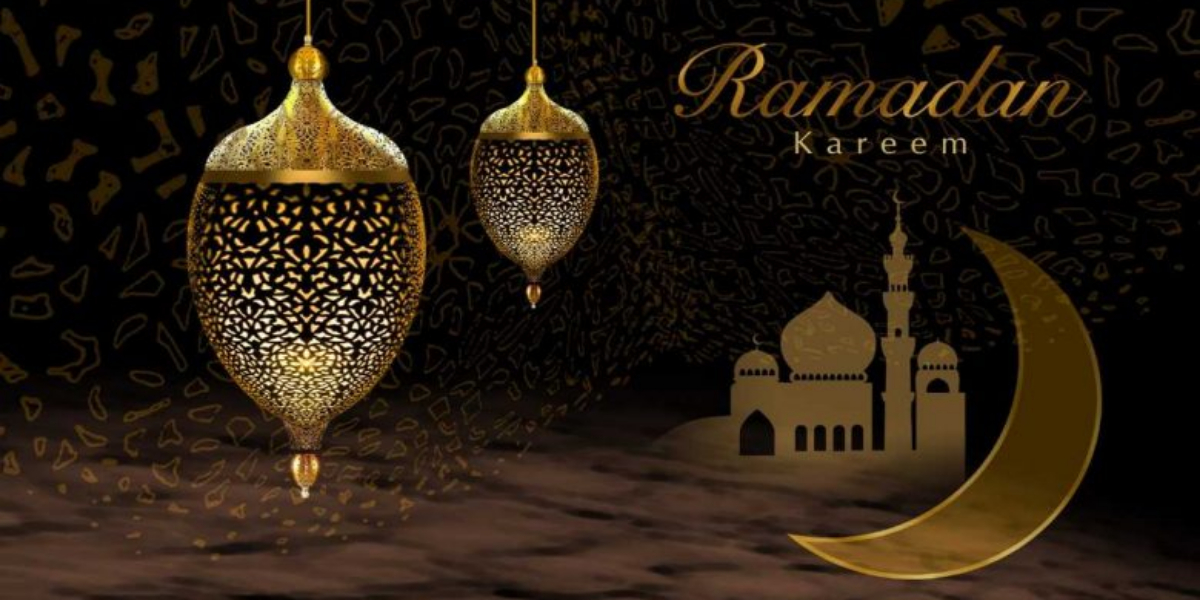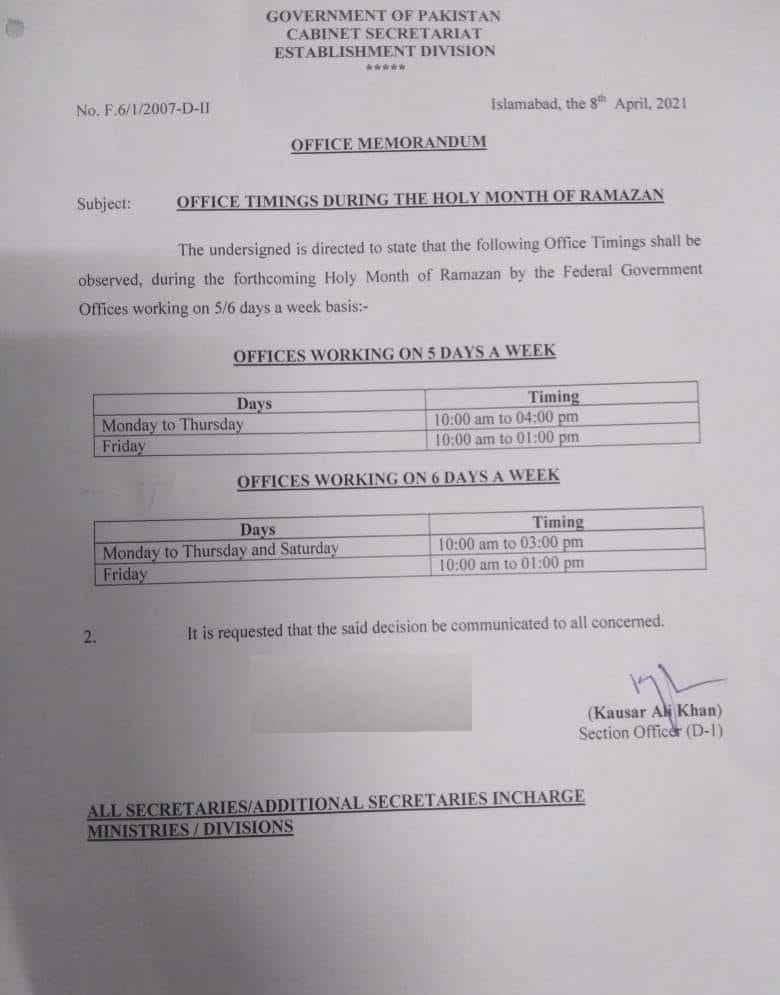The government of Oman has banned public prayers during Eid-Ul-Fitr due to rising COVID-19 cases in the country.
Oman’s Supreme Committee has decided to ban Eid-Ul-Fitr prayers to contain the growing number of COVID-19 infections.
Eid holidays will start from Wednesday, May 12 and will end on Saturday, May 15, if Eid falls on Thursday.
The committee also banned all kinds of gatherings including family gatherings or mass celebrations of Eid. The committee also barred the citizens to not take part in gatherings at beaches and parks during Eid holidays.
The committee also announced to close all commercial activities throughout the day, except for food stores, fuel stations, medical centres, home delivery of all goods.
Earlier, Oman’s Supreme Committee for the Prevention of Coronavirus has announced a ban on travellers from Pakistan, India and Bangladesh.
According to the media reports, the committee has also banned those who have travelled to these countries in the last 14 days from entering the kingdom.
All three countries have joined the list of countries whose citizens are not allowed to come to Oman.
The Supreme Committee has taken this decision to stop the spread of Coronavirus in the country.
However, Omani citizens, diplomats, medical personnel and their families are exempt from the ban.
Groups that are exempt will have to go through the Corona regulations once they enter Oman.
In addition, the committee has decided to ban the entry of children under the age of 12 in commercial complexes and other commercial places.
Commercial complexes, commercial outlets, restaurants and cafes have been instructed to restrict the entrance of crowds, saying that only 50 per cent of crowds should be allowed to come.
Violators of the guidelines will be prosecuted.








